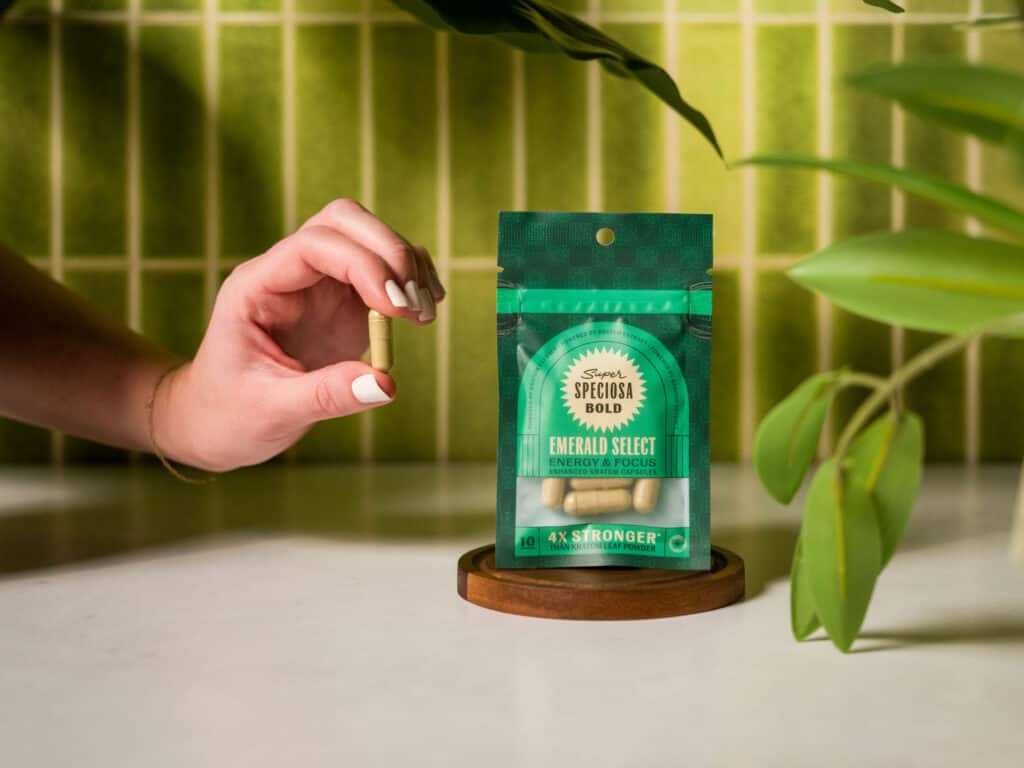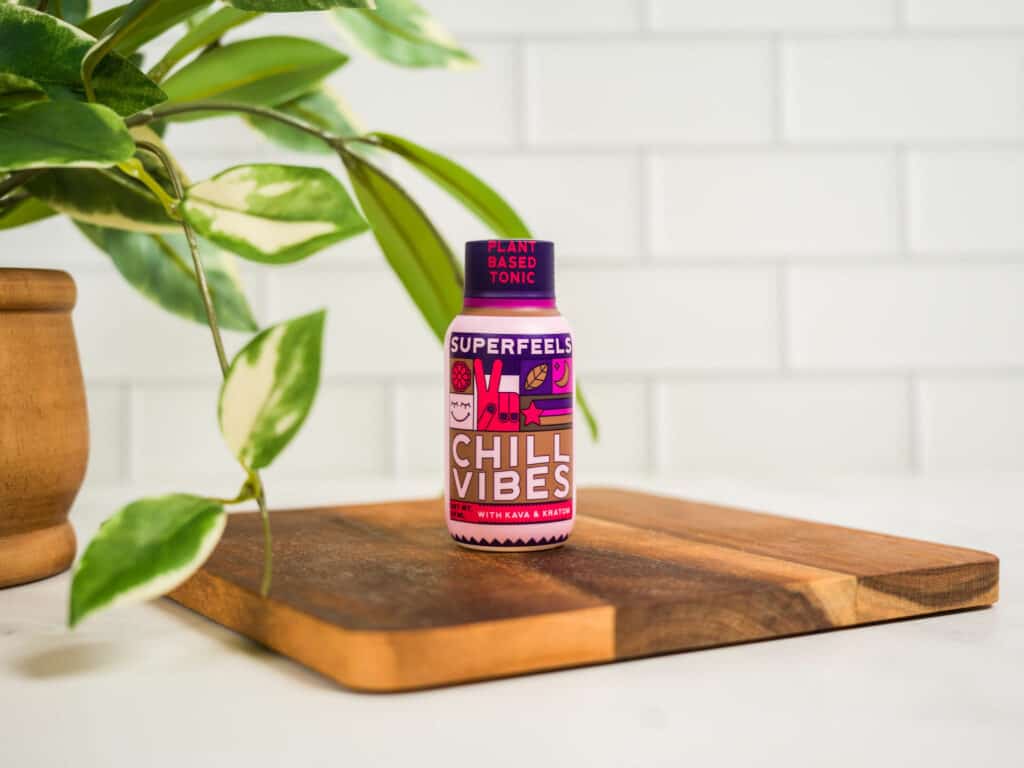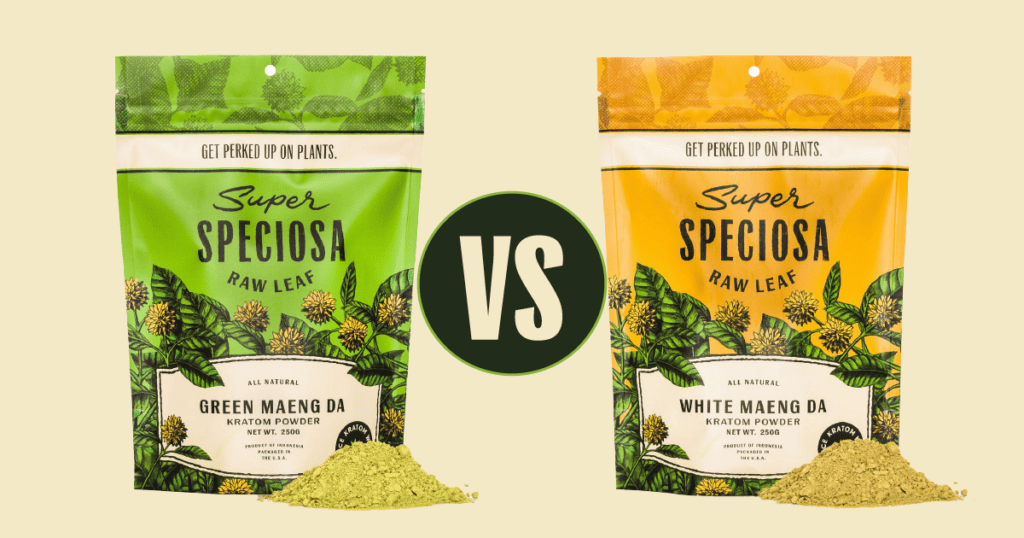
The American Kratom Association, the major advocacy organization for kratom in the United States, has been working diligently to overturn proposed bans and pass the Kratom Consumer Protection Act (KCPA) in several states across the country. The KCPA helps overturn these proposed bans, because it outlines how kratom can be regulated in a safe and effective way, rather than making kratom illegal altogether. To advocate for kratom, the AKA uses scientific-based evidence as well as gathering thousands of testimonials from kratom users. Senators are listening to the advocates at the AKA, and progress is being made.
The following states have bills in place that could enact the KCPA in the near future.

Florida
Florida is currently home to scientist Christopher R. McCurdy, a professor at the University of Florida, who has studied and advocated for kratom for 25 years. He is one of the many advocates that are pushing for the KCPA to be passed in Florida. Many of his studies are used by the AKA to support the KCPA. On January 18, 2022, Mac Haddow of the AKA testified before the Florida Senate Committee on Commerce & Tourism in support of the KCPA. As of February 2022, Florida’s Kratom Consumer Protection Act, SB 1076, is in the appropriations process in the Senate, and has been found favorable so far. If passed by the House and Senate, the KCPA in Florida is scheduled to take place in July 2022.
Currently, kratom in Florida is unregulated, and only Sarasota county has banned kratom since 2014. There were efforts to ban kratom in Broward County back in 2016, but it never passed. That year, Ian Mautner had committed suicide, and his mother claimed it was the direct result of kratom. She advocated for this bill to be passed. The autopsy report showed that although kratom was found in his system, several antidepressants were also found, which can cause suicidal thoughts. Kratom advocates say the suicide is more likely caused by the combination of medications taken, which is no longer recommended. There were proposed bans in April 2019, St. Johns County, FL, but 19 speakers came forward and overturned the ban.
The current bill to regulate kratom is sponsored by Senator Joe Gruters, who represents Sarasota County. If this bill passes, kratom products would be required to register with the Department of Agriculture and Consumer Services. Like other KCPA’s, kratom cannot be in the possession of people under 21, synthetic or adulterated kratom cannot be used, and proper labeling of products must be enforced.
Colorado
Currently, Colorado’s Kratom Consumer Protection Act, SB22-120 is in session. This bill is sponsored by Senator Joann Ginal, Don Coram, and Tom Sullivan. If passed, this bill will be effective in January 2023, and will require all kratom products to be registered with the Department of Revenue. It prohibits the sale of kratom to individuals under 18 years of age, establishes minimum requirements for kratom products, requires all adverse effects to be reported to the department, and authorizes the department to investigate and enforce these regulations.
The AKA is urging kratom consumers in Colorado to contact the senators in their state to pass the KCPA. They even created a petition that can be signed.
As of now, kratom is unregulated in the State of Colorado. However, several cities have tried to regulate or ban kratom. In 2017, Denver’s Department of Public Health and Environment imposed restrictions on selling kratom within city limits. All retailers were required to only sell kratom that indicated it was “not for human consumption”.
In the last few years, Mac Haddow, Senior Fellow on Public Policy at the American Kratom Association, has met with legislators of Colorado, and even Governor Jared Polis to advocate for kratom regulation. In 2017, Governor Jared Polis was one of the 17 lawmakers that wrote a letter to the FDA to lift bans on kratom.
Ohio
The AKA have been active advocates for the KCPA in Ohio. Back in 2018, Ohio tried to criminalize kratom as a Schedule I drug. The AKA took immediate action, and gathered 22,765 Kratom supporters to sign a petition to overturn the ban. Lobbyists from the AKA, as well as Mac Haddow and leading kratom scientist Dr. Jack Henningfield met with the Ohio Board of Pharmacy, and finally in 2019, Ohio decided to postpone the kratom ban.
Fast forward to January 2022, the AKA is again putting in the footwork to get the KCPA passed in Ohio. The AKA team presented to the Ohio House Health Committee on Jan 26, 2022, and as of February 2022, the Ohio House of Representatives, on an 82-10 vote, passed HB 236, Ohio’s Kratom Consumer Protection Act. The bill clarifies the regulations of kratom in Ohio, where kratom products have to be registered and regulated with the Department of Agriculture, and cannot be adulterated and enhanced in any way. The bill now moves forward to the Senate and if passed, will be signed by the Governor for final approval.
Missouri

In February 2022, Missouri had passed the Kratom Consumer Protection Act, HB 1667, and has now moved forward to the Senate. Sponsored by Representative Phil Christofanelli, the bill requires proper labeling of the kratom product, and prohibits the sale of adulterated or contaminated kratom.
There were attempts to pass the KCPA back in 2020 and 2021, but unfortunately the bills did not move forward. There was even a proposed ban for kratom in 2020 with SB 765, to schedule kratom as a controlled substance. Fortunately, it was overturned.
Oregon
The State of Oregon recently made a major victory in passing the KCPA. On March 3rd, 2022, the Oregon Senate passed the bill HB4010 with a 26-0 vote, and is now ready for Governor Kate Brown to sign off. This is not the first time the KCPA has passed in the Oregon Senate. Back in June 2021, HB2646 was passed, but unfortunately, was vetoed by Governor Kate Brown in September 2021. She stated that the Federal Food and Drug Administration should regulate kratom, rather than the state.
Back in early 2018, there were multiple cases of a salmonella outbreak and Oregon has one of the highest cases of people affected. The FDA linked this outbreak to an Oregon-based retailer. Despite this, there were no proposed bans in the state of Oregon. There was another incident in April 2019, where several kratom retailers out of Oregon had kratom with high levels of heavy metals. There were proposed regulations in reaction to this event, but it never took effect. If the Governor passes the KCPA in Oregon, it would help prevent incidents like contamination from happening.
Like many other KCPA’s, the Oregon bill outlines that kratom should not be sold to people under 21, and that the product can not be adulterated and must be third-party lab tested. All kratom manufacturers and distributors must register their product with the Department of Revenue, who would be enforcing the regulations. Retailers would be limited to carrying products that are only registered and certified with the Department.
Kentucky
Back in December 2021, Kentucky had filed House Bill 142 to list kratom as a controlled substance, which if passed, would ban kratom in the state. This was recently counteracted on February 23, 2022, with House Bill 569, which would pass the KCPA in Kentucky. Kentucky’s KCPA would prohibit the sale of kratom to anyone under 21, establish penalties, and prohibit the sale of adulterated, contaminated, or enhanced kratom products.
Mark Haddow of the AKA as well as former New York State Senator David Carlucci met with Kentucky legislators to educate them on the KCPA as an alternative to the ban. They even met with Representative Josh Calloway, who sponsored the kratom ban bill. Haddow reported:
“Representative Calloway was fair, willing to learn, and as committed as the AKA is in protecting consumers from dangerously adulterated kratom products. We have an agreement with Representative Calloway that he will work with the House Health Committee Chair and members of the Committee to examine how the KCPA can better serve the people of Kentucky than a complete ban on kratom.”
Washington
Washington has also filed a potential kratom ban on January 10 2022, with Senate Bill 5743.This would declare kratom, specifically the alkaloids mitragynine and 7-OH-mitragynine, as a controlled substance. This bill was sponsored by Representative Jim Honeyford.
Whenever there is a kratom ban proposed, the AKA reaches out to the legislators who sponsor the bill to educate them on kratom regulation and giving consumers access to safe kratom. Former Senator Carlucci of the AKA found that many of these legislators who want to ban kratom, only have half the knowledge of the plant, and after speaking with them, the legislators change their stance on kratom regulation.
Representative Honeyford, the same representative that proposed the ban, sponsored and introduced the KCPA in Washington with Senate Bill 5941 later that month, on January 25, 2022 after being educated by the AKA’s advocates. Similar to other KCPA’s, this bill prohibits the sale of kratom for minors under 18, requires proper labeling of products, regulates the amount of mitragynine and 7-OH in the product, etc.












These statements and products presented on this website have not been evaluated by the Food and Drug Administration FDA. The products mentioned on this website are not intended to diagnose, prevent, treat or cure any diseases or health conditions. Therefore any information on this website is presented solely as the opinions of their respective authors who in which do not claim in any way shape or form to be medical professionals providing medical advice. SuperSpeciosa.com and its owners or employees cannot be held responsible for, and will not be liable for the inaccuracy or application of any information whatsoever herein provided. By purchasing our products you agree that you are aware and in compliance with your local county, state, or federal regulations. Must be 21 years or older to purchase Kratom. The US FDA has not approved kratom as a dietary supplement. We do not ship to the following states, cities and counties in the US where Kratom is banned: Alabama, Arkansas, Indiana, Rhode Island, Vermont, Wisconsin, Sarasota County, FL, Union County, MS, San Diego, CA, Jerseyville, IL, Oceanside, CA, and Ontario, OR. Furthermore, Kratom is also banned in the following countries where shipment cannot be executed: Australia, Burma, Denmark, Finland, Israel, Lithuania, Malaysia, Myanmar, Poland, Romania, South Korea, Sweden, Thailand, United Kingdom, Vietnam.
This product should be used only as directed on the label. It should not be used if you are pregnant or nursing. Consult with a physician before use if you have a serious medical condition or use prescription medications. A Doctor’s advice should be sought before using this and any supplemental dietary product. All trademarks and copyrights are property of their respective owners and are not affiliated with nor do they endorse this product. By using this site, you agree to follow the Privacy Policy and all Terms & Conditions printed on this site. Void where prohibited by law.
† These statements have not been evaluated by the FDA. This product is not intended to diagnose, treat, cure or prevent any disease.
Testimonials on this website are not intended as claims that our products can be used to diagnose, treat, cure, mitigate or prevent any disease. Read full disclaimer.


By submitting you agree to receive automated promotional messages. This agreement is not a condition of any purchase. See Terms and Privacy Policy. Frequency varies. Can opt out at any time.

There’s always something new happening. Enter your info below to get updates on huge deals, new products and special batch kratom releases.
By submitting you agree to receive automated promotional messages. This agreement is not a condition of any purchase. Message and data rates may apply. See Terms and Privacy Policy. Frequency varies. Can opt out at any time.